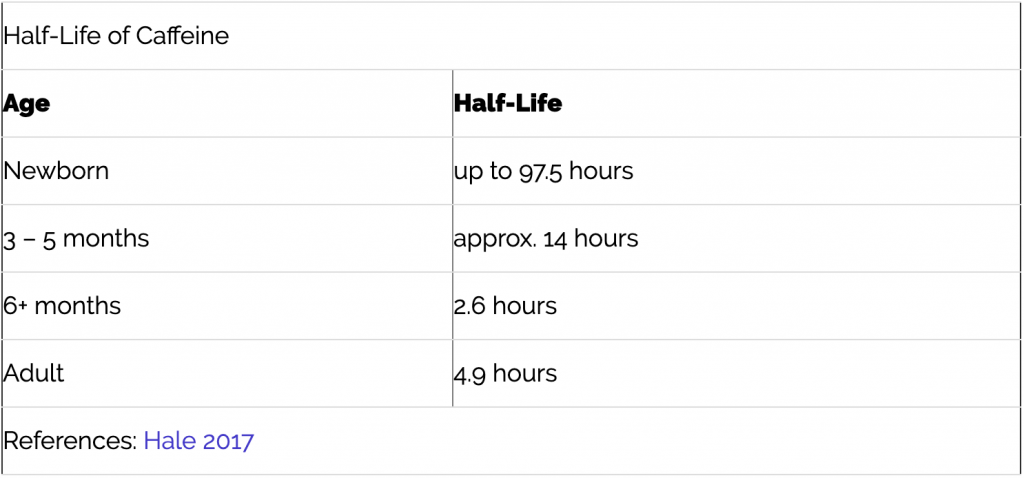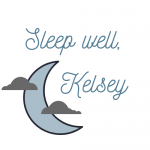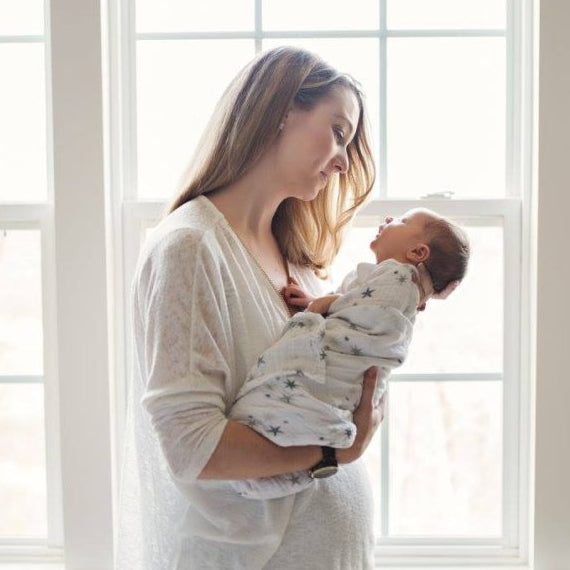Oh, coffee, how I love thee. My first cup of coffee was in Italy when I was 14 years old and I never turned back. I first actually ordered a “latte” and just got steamed milk. My coffee ordering, and my knowledge about coffee, has evolved over time 🙂
Pre-kids, when I worked long 12+ hour shifts at the hospital, I had my share of caffeine. In all forms really- coffee, soda, and chocolate of course! But when we started to try to get pregnant, and the road got a little rocky, I stopped caffeine altogether. Of note, I was just being extra cautious and in terms of evidence, the American colleges of Obstetrics and Gynecology (ACOG) state that moderate caffeine consumption (less than 200 mg per day) does not appear to be a major contributing factor in miscarriage or preterm birth (ACOG, 2020). Surprisingly though it wasn’t the caffeine that my body craved- it was the comfort of a warm cup of morning coffee.
So I turned to decaf. Now let’s be honest- not all decaf is created equal! Sometimes if you go into a coffee shop and ask for decaf you get the lukewarm coffee that has been sitting there all morning. But don’t stop there my friends.
Last week I virtually chatted with Carol, owner of Talking Crow Coffee Roasters, who taught me all about how they can get the best flavors, but without the caffeine. Most of it comes down to the process of getting the caffeine out of the bean, she says. In this process (called the Swiss Water Process), the coffee beans are soaked in a caffeine-free green coffee extract, allowing the caffeine to be extracted from the bean then processed through activated charcoal to remove the caffeine, thus becoming 99.9% caffeine-free.
So now that you know that you can actually get amazing tasting decaf coffee, when should you turn to decaf over caffeine? My job is to give you the facts so you can make an #informedparentingdecision .
Let’s first look at breastfeeding and caffeine in breast milk. According to Kelly Mom (a great resource for medications and breast milk), caffeine is in Lactation Risk Category L2 (safer); milk levels are quite low (0.06-1.5% of the maternal dose) and usually peak 1-2 hours after ingestion. According to the American Academy of Pediatrics, the max amount of cups of caffeinated coffee is 3, since there is little to no caffeine detected in the baby’s urine.
The important thing to note though is that while caffeine amounts are low in breast milk they do take a while for newborns to clear through their system (see chart below). So as a previous ICU nurse I always remind people to start low and see the reaction first before tanking yourself up on 3 cups of coffee a day.

So remember, no need to stop the caffeine altogether when becoming a new mama, but know your facts about your caffeine intake and know that you can give up caffeine and not have to give up on good-tasting coffee!

. . . . . . . . . . . . . . . . . . . . . . . . . . . . . . . . . . . . . . . . . . . . . . . . . . . . . . . . . . . . .
I want to thank Kelsey for this informative article on caffeine and newborn sleep. I'm still astounded that caffeine stays in a newborn's system for OVER 3 days... YIKES! Good thing we've got great tasting decaf for you...and baby.
